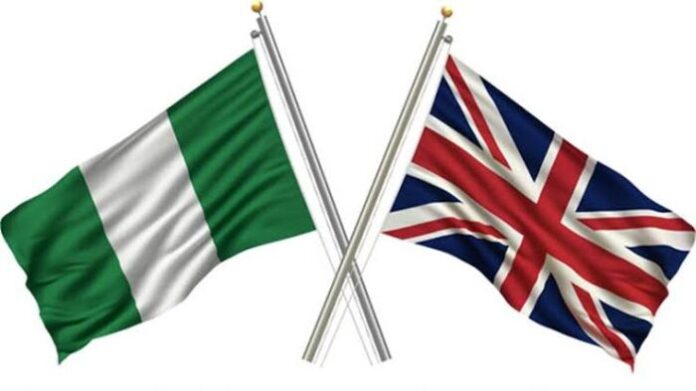The European Union, in partnership with Germany and the Federal Government, has launched an €18.3 million initiative to boost productivity and resilience across four agricultural value chains—cocoa, dairy, tomatoes, and ginger.
The Agriculture Value Chain Facility (EU-VACE) Transformative Agricultural Systems for Rural Economic Development (TARED) project, unveiled in Abuja on Wednesday, is designed to create jobs, improve food security, and promote climate-smart farming in Nigeria.
The programme, funded by Germany’s Federal Ministry for Economic Cooperation and Development (BMZ) and implemented by the Deutsche Gesellschaft für Internationale Zusammenarbeit (GIZ), will run from October 2024 to September 2028 in Cross River, Kano, Kaduna, Kebbi, Ondo, Oyo, and Plateau States.
Andrea Ruediger, representing GIZ, said the project is expected to generate or expand 10,000 jobs, while easing access to €2 million in finance. The goal, she noted, is to raise farmer incomes and business turnover by at least 15 percent and cut post-harvest losses by the same margin.
“We are aiming to work with 25,000 beneficiaries, mainly women and youth. Our goal is to develop at least 25 investment proposals, of which 15 will be supported, and to introduce 10 nature-based climate-smart solutions, with five scaled up nationally,” Ruediger said.
Oladoyin Olawaiye, GIZ Nigeria’s deputy country director, described the initiative as a timely response to long-standing challenges in the agricultural sector, including climate change, poor processing frameworks, environmental degradation, and insecurity.
“This project will empower smallholder farmers and micro, small, and medium-sized enterprises to increase productivity, adopt innovations, and leverage value chain opportunities,” she said.
EU Ambassador to Nigeria, Gautier Mignot, called agriculture “a strong pillar for unlocking Nigeria’s economy and welfare.” He stressed that the sector’s transformation was critical not just for food security, but also for national security and socio-economic growth.
“Solving deficits in storage, processing, and financing is key,” he said, adding that the project would also help Nigeria align with EU regulations on cocoa exports, particularly new deforestation rules coming into effect next year.
Johannes Lehne, deputy head of mission at the German Embassy, said the collaboration underscored the strength of Nigeria’s partnerships with Germany and the EU. “We view this as a strategic investment in Nigeria’s future designed to strengthen key agricultural value chains,” he said.
Aliyu Abdullahi, Nigeria’s minister of state for agriculture, thanked the EU and GIZ for their consistent support. He emphasised agriculture’s central role in Nigeria’s economy, employing millions across both rural and urban communities.
“The significance of this project cannot be overstated. The Federal Ministry of Agriculture and Food Security will provide every support needed to ensure its success,” he said.

